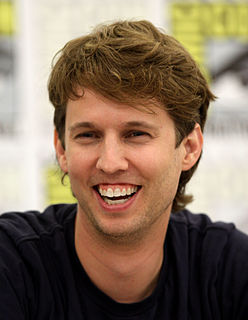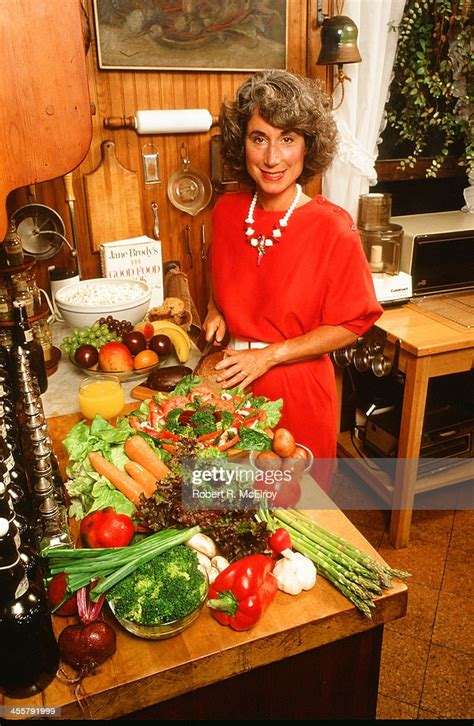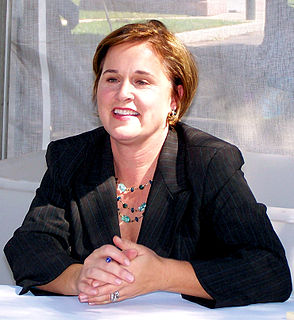A Quote by Haim Ginott
I have great faith in 'ordinary parents.' Who has a child's welfare more at heart than his ordinary parent? It's been my experience that when parents are given the skills to be more helpful, not only are they able to use these skills, but they infuse them with a warmth and a style that is uniquely their own.
Related Quotes
Compared to other parents, remarried parents seem more desirous of their child's approval, more alert to the child's emotional state, and more sensitive in their parent-child relations. Perhaps this is the result of heightened empathy for the child's suffering, perhaps it is a guilt reaction; in either case, it gives the child a potent weapon--the power to disrupt the new household and come between parent and the new spouse.
Parents who are cowed by temper tantrums and screaming defiance are only inviting more of the same. Young children become more cooperative with parents who confidently assert the reasons for their demands and enforce reasonable rules. Even if there are a few rough spots, relationships between parents and young children run more smoothly when the parent, rather than the child, is in control.
Dr. [Paula] Menyuk and her co-workers [at Boston University's School of Education] found that parents who supplied babies with a steady stream of information were not necessarily helpful. Rather, early, rich language skills were more likely to develop when parents provided lots of opportunities for their infants and toddlers to "talk" and when parents listened and responded to the babies' communications.
I don’t think there is any such thing as an ordinary mortal. Everybody has his own possibility of rapture in the experience of life. All he has to do is recognize it and then cultivate it and get going with it. I always feel uncomfortable when people speak about ordinary mortals because I’ve never met an ordinary man, woman, or child.
My father once said about being a parent that it is the only thing you do that requires a very long period of learning, and at about the time that you are becoming competent, you don't need the skills anymore. Notwithstanding this modest assessment of their parenting skills, they were wonderful parents.
In considering the ledger equal, understand the greatest gift you have given your parents is the opportunity to raise you. The things a child gets from parents can't compare to the things a parent gets from raising a child. Only by experiencing this can you understand the degree to which children give meaning to parents' lives.
When a child loses his parent, they are called an orphan. When a spouse loses her or his partner, they are called a widow or widower. When parents lose their child, their isn't a word to describe them. This month recognizes the loss so many parents experience across the United States and around the world. It is also meant to inform and provide resources for parents who have lost children due to miscarriage, ectopic pregnancy, molar pregnancy, stillbirths, birth defects, SIDS, and other causes.
It is the acquisition of skills in particular, irrespective of their utility, that is potent in making life meaningful. Since man has no inborn skills, the survival of the species has depended on the ability to acquire and perfect skills. Hence the mastery of skills is a uniquely human activity and yields deep satisfaction.
Some parents were awful back then and are awful still. The process of raising you didn't turn them into grown-ups. Parents who were clearly imperfect can be helpful to you. As you were trying to grow up despite their fumbling efforts, you had to develop skills and tolerances other kids missed out on. Some of the strongest people I know grew up taking care of inept, invalid, or psychotic parents--but they know the parents weren't normal, healthy, or whole.



































